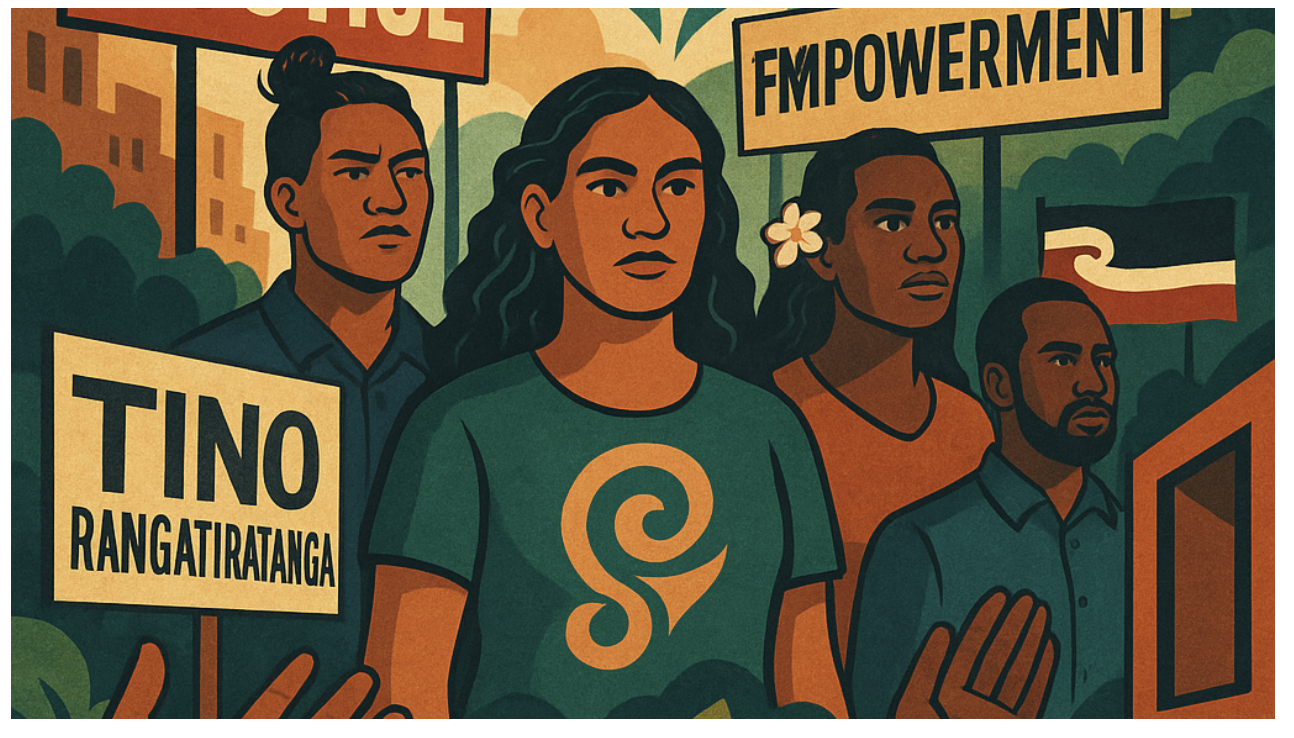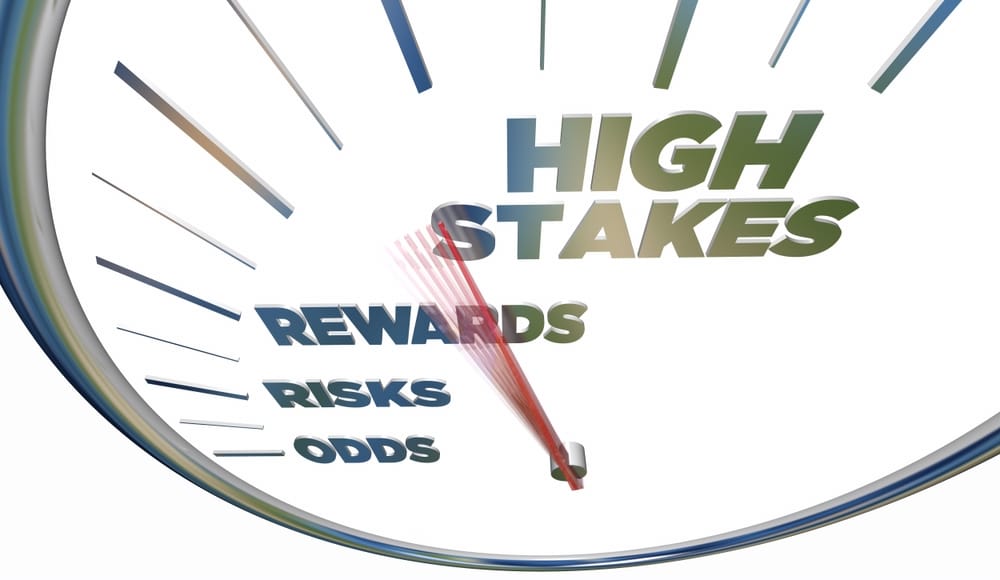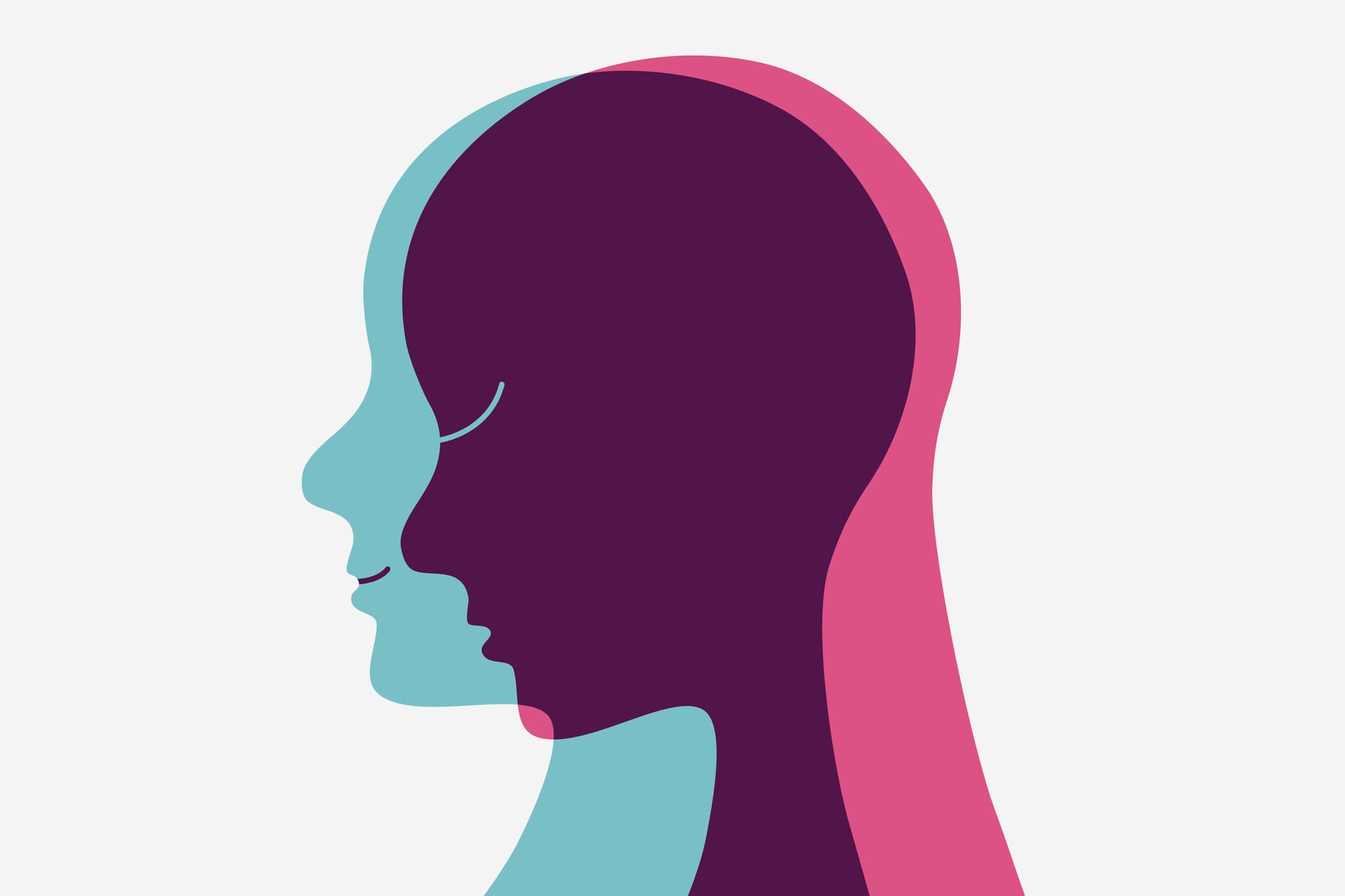
Lived experience: A question of whakapapa and social justice
In discussions about mental health, addiction, disability and homelessness, the voices of those with lived experience are often sidelined in favour of clinical expertise, policy mandates, or societal assumptions about what constitutes "help." Privileging diverse lived experience is not just an act of inclusion – it is a necessary disruption of power structures that have long dictated who gets to define trauma, suffering, wellbeing, recovery, healing and worth. It is also a reconnection to whakapapa - the genealogies of struggle, resistance and wisdom that form the roots of the lived experience movement.
The Whakapapa of Lived Experience Leadership
The lived experience movement didn’t arise in a vacuum. Its roots are tangled in histories of state violence and abuse, colonisation, institutionalisation, and resistance. In Aotearoa, the whakapapa of this movement includes:
- Tāngata Motuhake-led organising in the 1980s and 1990s, which emerged in direct response to systemic failures in psychiatric services and the exclusion of Māori knowledge in mental health.
- The influence of early global survivor movements, including the civil rights movement, disability rights movement, psychiatric survivor movement, the Mad Pride movement, Gay Pride movement and the HIV/AIDS activism of the 1980s, where lived experience was claimed as both expertise and resistance.
- The work of grassroots advocates – many of them Māori, Pasifika, disabled, LGBTQIA+, who refused to be defined by diagnoses, poverty, or deficit narratives.
- The integration of kaupapa Māori and rights-based frameworks, such as Te Tiriti o Waitangi and disability rights conventions, which reframed wellbeing as collective, systemic and justice-based, rather than merely clinical or individual.
This whakapapa challenges the idea that change comes from benevolent policy shifts or professional goodwill. It reminds us that the lived experience movement is a social justice movement, grounded in histories of protest, marginalisation, and survival. When we fail to honour that whakapapa, we reduce lived experience to personal testimony rather than collective power.
The Power of Whose Story Counts
Power often operates invisibly in systems that govern care and support. Traditional mental health and addiction frameworks are often shaped by Western medical models that prioritize diagnosis and treatment over personal, relational and cultural narratives. Homelessness, too, has traditionally been framed through statistics and stereotypes, rather than the complex, intersecting realities of those who endure it.
When institutions, whether healthcare, social services, or government, control the narrative, they also control who is deemed credible, who is "deserving," and what solutions are considered legitimate.
Privileging lived experience means recognising that expertise does not reside solely in academic credentials, professional titles or the mere fact that someone has had an experience. It means centring the knowledge and wisdom of those who have navigated trauma, systemic harm, stigma and survival in a world that often denies their expertise and too often their humanity too.
Lived Experience as Resistance
Lived experience isn’t a ‘perspective’. It is the outcome of surviving systems designed to exclude. Lived Expertise and wisdom comes from knowing and understanding how to use the expertise and wisdom in meaningful ways. In mental health and addiction recovery, the dominant narratives pathologise individuals while ignoring the structural and intergenerational trauma caused by poverty, racism, colonisation, incarceration, and gendered violence.
Translating such Lived experience into wisdom comes from knowing and understanding how to use the expertise and wisdom in meaningful ways and often knowing and understanding that recovery is political. It cannot be separated from housing security, economic justice, bodily autonomy, or cultural recognition. Self-medicating may be a rational response to trauma. Falling through the cracks is often not personal failure, but systemic design.
In homelessness advocacy, lived experience reveals how power is wielded through bureaucracy, in the design of forms, the invisibility of waitlists, the gatekeeping of "deservingness” or the punitive content to being a “good tenant”. These are not neutral systems. They are expressions of social control.
Social Justice, Not Sentimentality
Too often, lived experience is invited into rooms only after decisions have been made - sometimes to "humanise" data, other times to validate decisions made by professionals. This is not inclusion. It is performance. And it’s time to name it.
Social justice, in this context, means more than fairness. It means righting historical and systemic wrongs. It means recognising that the same systems that exclude people from services are often those that first caused their distress. It means shifting from service provision to structural change.
True social justice in mental health, addiction and homelessness work includes:
- Decolonising systems, starting with honouring Te Tiriti o Waitangi and resourcing kaupapa Māori solutions and peer-led options.
- Recognising intersecting oppressions, such as ableism, transphobia, racism, and poverty, as central to any definition of "need."
- Embedding equity, not just as an outcome, but as a design principle.
The Privilege of Being Heard
Being heard is not the same as being heeded. In service systems, lived experience is often labelled "subjective" or "anecdotal," while institutional knowledge is treated as objective and superior.
This is epistemic injustice - the systematic devaluation of certain ways of knowing. It is also a form of violence that keeps dominant knowledge systems in place while silencing Indigenous, community-based, feminist, LGBTQI+, and mad knowledges.
To privilege lived experience is to redistribute legitimacy, not just listen politely. It is to validate the stories that were previously dismissed; it is about handing them the power to effect change.
From Inclusion to Transformation
To move from tokenism to transformation, organisations must restructure, not just include. This means:
- Hire and compensate Lived Experience Experts at all Levels - including peer leadership in governance, program design, research, and executive decision-making - not just frontline or volunteer roles.
- Co-Design Services with Communities, not for them. Establish community-led design teams, feedback loops, and participatory budgeting processes that shift power and control.
- Challenge Power Hierarchies in decision-making - adopt shared governance models where lived experience can veto harmful policy or practice. Hold institutions accountable.
- Invest in Peer-Led and Alternative Knowledge Systems - validate cultural and Indigenous models of wellbeing. Support peer-led service delivery and research and challenge knowledge monopolies.
- Address Systemic Barriers to Participation - ensure lived experience voices are not excluded by poverty, trauma, or bureaucratic hurdles. Fund access needs, not just meetings.
- Measure Real Impact - track not only who is "in the room," but who has influence. Evaluate whether co-designed programs lead to better outcomes and deeper trust.
Conclusion: From Whakapapa to Justice
The whakapapa of the lived experience movement is a lineage of justice, not charity. It carries the mana of those who refused to be silenced, labelled, or pathologized, and instead claimed space, power, and truth.
To honour that whakapapa is to dismantle systems, not simply diversify them. It means recognising that the knowledge and leadership of those most affected is not an optional extra, it is the cornerstone of a just and equitable future.
Privileging lived experience is not about sharing the mic. It’s about handing over the mic, the keys and half the chairs at the decision-making table.
first published on Linkedin


